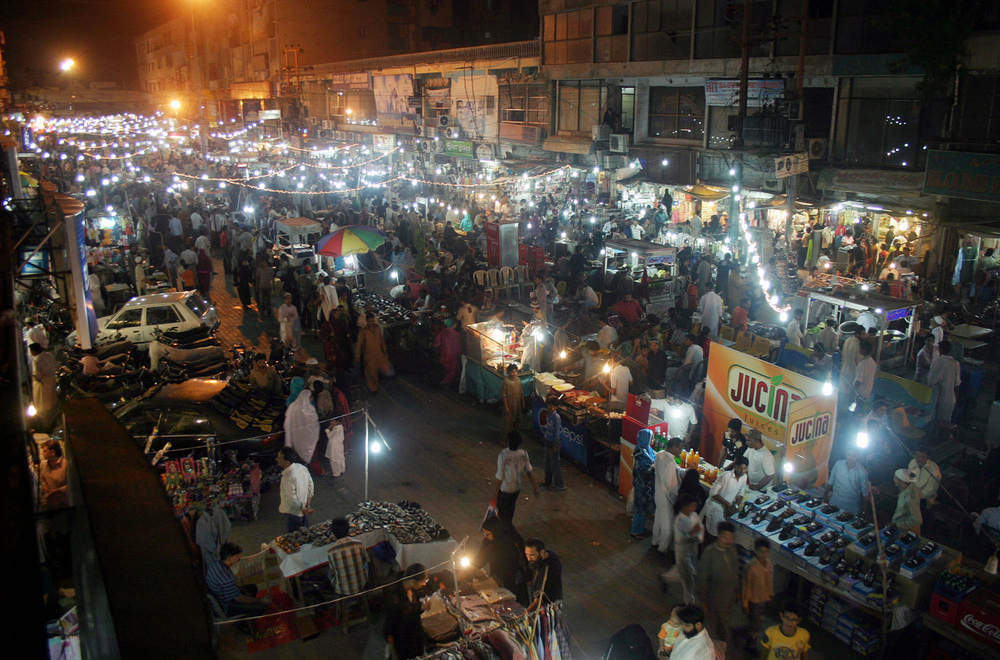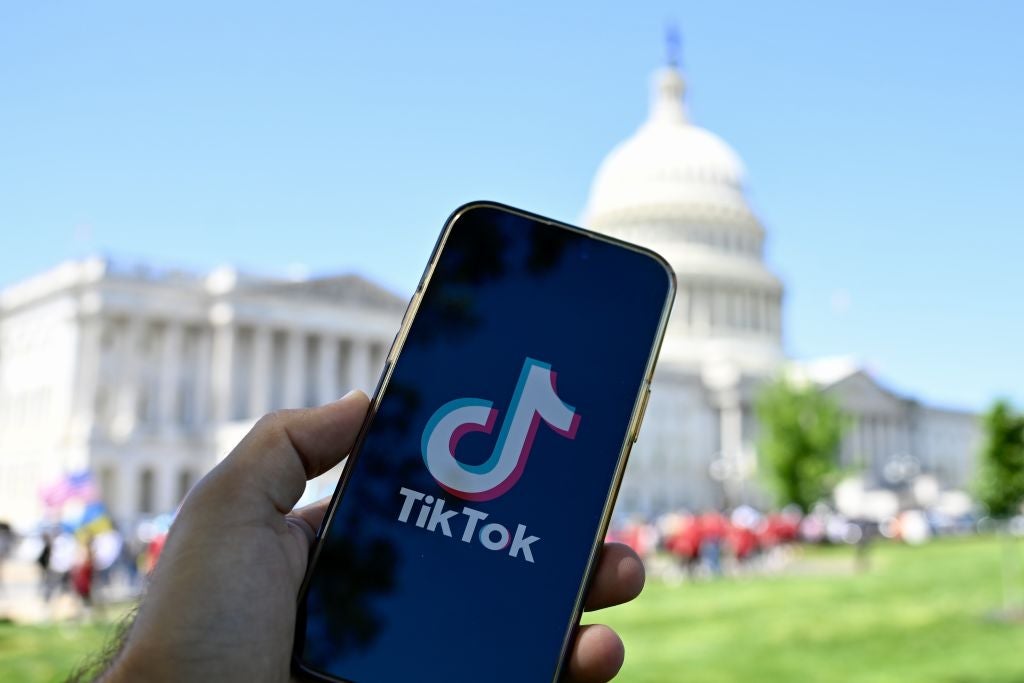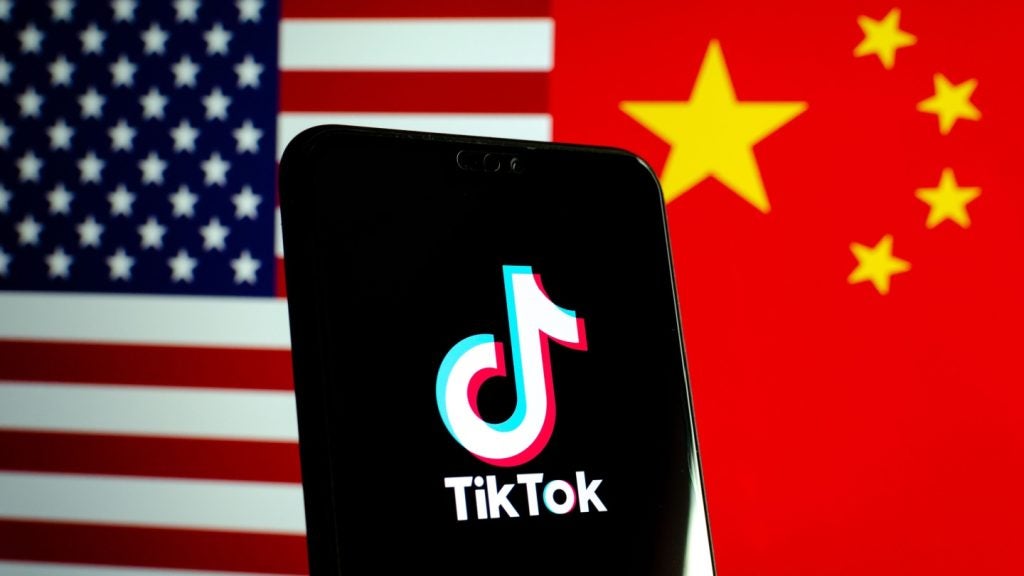
Pakistan’s media regulator has reminded TV and radio stations that broadcasts relating to Valentine’s Day are banned in the country.
Last year on 13 February — the day before Valentines Day — the Islamabad High Court ruled that Valentine’s Day was “un-Islamic.”
Judge Shaukat Shiddiqui issued a binding notice that ordered a complete ban on any Valentine’s broadcast programming and any celebration of the holiday in a public space or government building.
The ban came about following a petition filed by Abdul Waheed in early 2017 in which he argued that the celebration of Valentine’s Day led to “immorality, nudity and indecency” and was against the teachings of Islam.
What was said:
Pakistan Electronic Media Regulatory Authority (PEMRA) said:
Respondents are directed to ensure that nothing about the celebration of Valentine Day and its promotion is spread on the electronic and print media.
How well do you really know your competitors?
Access the most comprehensive Company Profiles on the market, powered by GlobalData. Save hours of research. Gain competitive edge.
 Company Profile – free sample
Company Profile – free sampleThank you!
Your download email will arrive shortly
Not ready to buy yet? Download a free sample
We are confident about the unique quality of our Company Profiles. However, we want you to make the most beneficial decision for your business, so we offer a free sample that you can download by submitting the below form
By GlobalData
Pakistani newspaper Dawn found that 80 percent of its readers agreed with the ruling, according to a poll.
What this means:
Individual vendors are set to lose money as a result of this ban.
There are no figures available for how much is spent across Pakistan on Valentine’s Day. However, CNN spoke to flower vendors who estimated their losses as a result of the ban.
They estimate they each earn about $800 on Valentine’s Day – ten times higher than a normal day.
Since the ban was implemented so close to Valentine’s Day last year, this is the first year that it will have a real impact.
It is currently unclear what measures the government will take in enforcing this ban — with uncertainty over whether shops that sell Valentine’s Day cards and gifts be targeted or those buying them.
Background:
Protests against Valentine’s Day in Pakistan have become more commonplace as the holiday’s popularity has grown.
In 2012, Pakistani women in Karachi associated with the militant Islamic party Jamiat Ulema-e-Islam burned Valentine’s Day cards.
The party has previously organised a Modesty Day as an alternative.
A company called Sitara Chemicals printed an anti-Valentine’s Day advertisement in an Urdu-language national paper that read: “as Muslims, for the pleasure of Allah, let us remove this obscene ritual from our lives.”
In 2016, the protests were provided with political credence in 2016 when the President Mamnoon Hussain agreed that the holiday was an assault on traditional Muslim values.
Valentine’s Day has no connection with our culture.
He called on Pakistani students to “always maintain their religious and national identity.”
Some areas of Pakistan have previously banned the public holiday – Kohat district in the province of Khyber-Pakhtunkhwa did so in 2016.
Local administrations declared those who did this did not have the authority to do so.
In 2013, a prominent social activist called Sabeen Mahmud held a Let Love Happen (PYaar ho jaane do) protest against calls for the ban on Valentine’s Day celebrations.
As a result, she received several death threats. The man who has been convicted of assassinating her in 2015 has said that her Valentine’s Day protest was part of the reason she was targeted.
Pakistan has seen clashes over other Western holidays.
For example, in November 2017, some Pakistani retailers decided to adopt the US’s Black Friday sales tradition.
This was met with widespread social media backlash and caused the retailers to re-brand the names of the discounts in order to distance them from the US holiday.
Other countries who have banned Valentine’s Day:
Pakistan is not the only country to have banned Valentine’s Day – it is accompanied by other Muslim-majority countries.
Saudi Arabia’s religious police banned the sale of all Valentine’s goods and the celebration of the day in 2008.
This was has been strongly enforced – in 2014, five Saudi citizens were sentenced to 39 years behind bars and 4,500 lashes of the cane between them for dancing with six women they were not married to on Valentine’s Day.
Despite examples of severe punishments for violating the ban, a black market has emerged to sell Valentine’s gifts.
Iran banned any activity that promoted the holiday on the basis it is a “decadent Western custom” in 2011.
The government has threatened to prosecute business owners, but it is common for Iranians to continue to celebrate the day, as is suggested by Tehran’s restaurants being full-booked every year on the 14 February.
Indonesia’s highest Islamic clerical body, the Ulema Council, banned Valentine’s Day in 2012 following years of rallies that claimed the holiday was contradictory to Islam’s culture and teachings.







